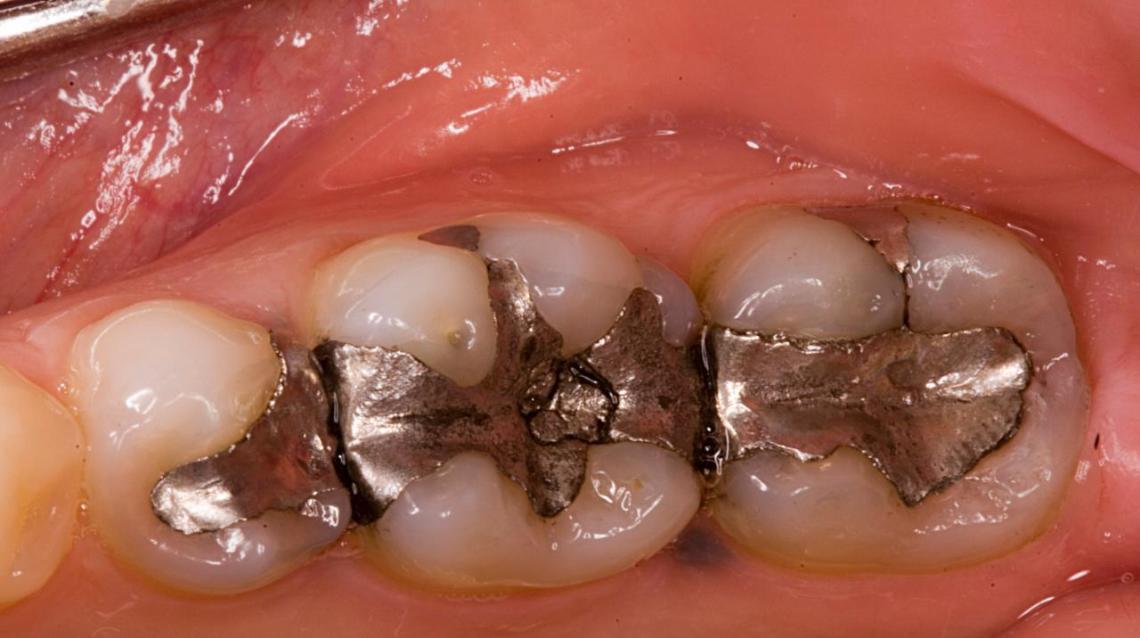Shedding Light on Menopause and Weight Loss: A Guide Beyond the 5-Day Diet
Menopause, the natural transition marking the end of a woman’s reproductive years, brings about significant hormonal shifts. These hormonal changes can impact metabolism, body composition, and weight management, leaving many women struggling with weight gain. This comprehensive guide delves deeper than a quick-fix 5-day plan, exploring the complexities of menopause and weight loss, offering sustainable strategies for success.
Understanding the Hormonal Shift: Menopause and Weight Gain
Estrogen and progesterone, the sex hormones that regulate menstruation and ovulation, significantly decline during menopause. These hormonal changes contribute to:
- Slower Metabolism: Basal metabolic rate, the rate at which your body burns calories at rest, can decrease by 5-10% during menopause.
- Body Composition Changes: Fat distribution shifts, with a tendency to store more fat around the abdomen (visceral fat) and less in the hips and thighs. This visceral fat is linked to increased health risks.
- Increased Appetite: Fluctuations in estrogen and progesterone may influence hunger hormones, potentially leading to increased cravings and appetite.
Beyond the Gimmick: A Sustainable Approach to Weight Loss
While a 5-day diet might offer a temporary weight loss “quick fix,” a sustainable approach is crucial for long-term success during menopause. Here are key strategies to focus on:
- Focus on Whole, Unprocessed Foods: Prioritize nutrient-rich whole grains, fruits, vegetables, and lean protein sources. These foods provide essential vitamins, minerals, and fiber that support overall health and metabolism.
- Embrace Portion Control: While calorie reduction might be necessary, focus on mindful eating and using smaller plates to manage portion sizes effectively.
- Strength Training is Key: Building muscle mass helps boost metabolism and counter the natural decline associated with aging. Incorporate regular strength training exercises at least twice a week.
- Stay Hydrated: Drinking plenty of water throughout the day promotes satiety, reduces cravings, and aids in digestion.
- Prioritize Sleep: Aim for 7-8 hours of quality sleep each night. Sleep deprivation can disrupt hormones that regulate appetite and metabolism.
- Manage Stress: Chronic stress can trigger cortisol release, a hormone linked to increased belly fat storage. Explore relaxation techniques like yoga, meditation, or deep breathing to manage stress effectively.
Remember, consistency is key! Small, sustainable changes to your diet and lifestyle habits lead to lasting results.
Sample Meal Plan for Menopausal Weight Loss (Not a Rigid 5-Day Plan)
This sample meal plan provides a framework for a balanced, menopause-friendly approach to weight management. Remember, adjust portion sizes and specific foods based on your individual needs and preferences.
Breakfast (around 300-400 calories):
- Greek yogurt with berries and a sprinkle of chia seeds
- Whole-wheat toast with scrambled eggs and avocado
- Oatmeal with nuts and a drizzle of honey
Lunch (around 400-500 calories):
- Grilled chicken or salmon salad with mixed greens and a light vinaigrette dressing
- Lentil soup with a whole-wheat roll
- Veggie burger on a whole-wheat bun with a side salad
Dinner (around 500-600 calories):
- Baked salmon with roasted vegetables and brown rice
- Turkey chili with a side of quinoa
- Chicken stir-fry with brown rice noodles and a variety of colorful vegetables
Snacks (around 100-200 calories each):
- Fruits with a handful of nuts
- Cottage cheese with sliced vegetables
- Greek yogurt with a sprinkle of granola
Remember, this is just a sample, and consulting a registered dietitian can help create a personalized meal plan to address your specific needs and preferences.
Mind-Body Connection: Addressing Emotional Eating and Sleep Issues
Emotional eating, often fueled by stress, anxiety, or changes in mood that can accompany menopause, can hinder weight loss efforts. Here are strategies to consider:
- Mindful Eating Practices: Pay attention to hunger cues and practice mindful eating habits to avoid emotional overeating.
- Cognitive Behavioral Therapy (CBT): This therapy can help identify and address negative thought patterns that contribute to emotional eating.
- Prioritize Sleep Hygiene: Develop a consistent sleep schedule, create a relaxing bedtime routine, and ensure a sleep-conducive environment to improve sleep quality.
Frequently Asked Questions (FAQ)
Q: Are there any specific foods I should avoid during menopause?
A: While there’s no magic “menopause diet,” limiting processed foods, added sugars, unhealthy fats, and refined carbohydrates can be beneficial for weight management and overall health. Consult a registered dietitian for a personalized plan.
Q: What are some safe and effective supplements to support weight loss during menopause?
A: There’s no magic bullet supplement for weight loss during menopause. However, some supplements, like vitamin D, calcium, and omega-3 fatty acids, can be beneficial for overall health and may indirectly support weight management. Discuss any supplements with your doctor before starting them.
Q: Is hormone replacement therapy (HRT) an option for weight loss during menopause?
A: HRT is a prescription medication that replaces lost hormones and can alleviate some menopausal symptoms. While not primarily a weight loss treatment, HRT may help with weight management in some cases. However, HRT is not suitable for everyone, and there can be side effects. Consult your doctor to discuss if HRT is right for you.
Q: I experience hot flashes, which disrupt my sleep and increase cravings. How can I manage these?
A: Hot flashes are a common menopausal symptom. Here are some tips for managing them:
- Dress in layers: This allows you to easily adjust to temperature changes.
- Keep your bedroom cool: Ensure a comfortable sleeping temperature.
- Explore relaxation techniques: Techniques like deep breathing or meditation can help manage stress and potentially reduce hot flashes.
- Talk to your doctor: They might recommend lifestyle changes or medications to manage hot flashes and improve sleep quality.
Q: Should I exercise differently during menopause?
A: Not necessarily, but exercise is crucial for weight management during menopause. Focus on a combination of strength training exercises to build muscle and cardiovascular activities to boost metabolism. Consider consulting a certified personal trainer to create a safe and effective exercise program tailored to your needs and fitness level.
Remember, menopause is a natural transition. By adopting a sustainable approach to diet, exercise, stress management, and sleep hygiene, you can navigate weight management challenges and thrive during this phase of life.




